Home>Storage & Organization>Kitchen Organizing Tools>Why Do My Cats Pee Outside The Litter Box
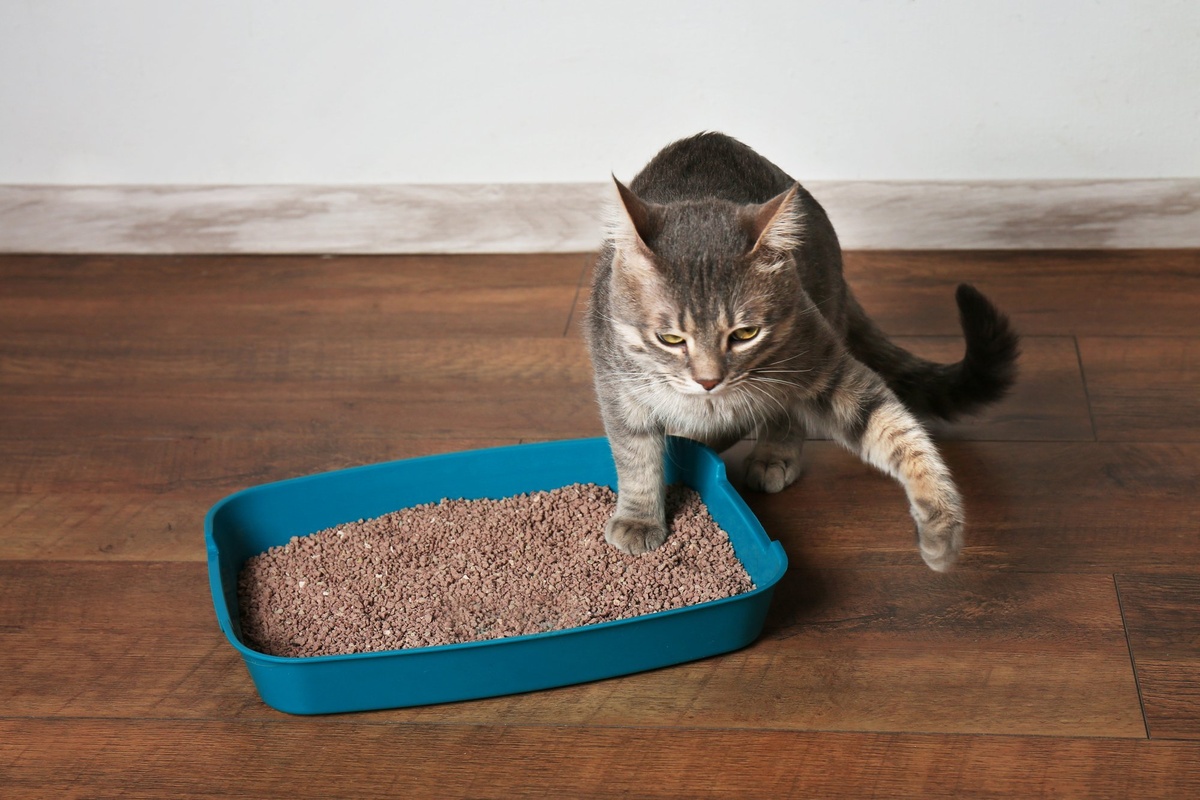

Kitchen Organizing Tools
Why Do My Cats Pee Outside The Litter Box
Modified: March 2, 2024
Discover the best kitchen organizing tools to keep your space tidy and efficient. Find solutions to prevent your cats from peeing outside the litter box.
(Many of the links in this article redirect to a specific reviewed product. Your purchase of these products through affiliate links helps to generate commission for Storables.com, at no extra cost. Learn more)
Possible Medical Issues
When your feline friend starts urinating outside the litter box, it can be a cause for concern. One of the primary reasons for this behavior could be an underlying medical issue. Cats are notorious for masking their discomfort, so it's crucial to consider potential health problems that might be prompting this behavior.
Urinary tract infections (UTIs) are a common culprit for inappropriate elimination. These infections can cause discomfort and pain while urinating, leading cats to associate the litter box with this discomfort and seek alternative spots to relieve themselves. Additionally, UTIs can result in increased frequency of urination, urgency, and even blood in the urine, all of which can contribute to litter box aversion.
Furthermore, feline lower urinary tract disease (FLUTD) encompasses a group of conditions that affect the bladder and urethra. This umbrella term includes issues such as urinary blockages, bladder inflammation, and urinary stones. Cats suffering from FLUTD may exhibit signs of distress while urinating, and this discomfort can lead them to avoid the litter box altogether.
Another potential medical concern is kidney disease. As cats age, their risk of developing kidney issues increases. Kidney disease can lead to increased thirst and urination, and if your cat is experiencing discomfort or has an increased urgency to urinate, they may start avoiding the litter box.
Moreover, diabetes mellitus is a metabolic disorder that can lead to increased urine production and inappropriate elimination. Cats with diabetes may also experience increased thirst and weight loss, which, when combined with litter box aversion, should prompt a visit to the veterinarian for further evaluation.
It's important to note that these medical issues can have serious implications for your cat's health if left untreated. Therefore, if you notice any changes in your cat's litter box habits, it's crucial to seek veterinary attention promptly. A thorough examination, including urinalysis and blood tests, can help identify any underlying medical conditions and guide appropriate treatment.
Understanding the potential medical reasons behind your cat's inappropriate urination is essential for ensuring their health and well-being. By addressing any medical issues promptly, you can help your feline companion regain their litter box confidence and prevent further discomfort or complications.
Key Takeaways:
- Cats may pee outside the litter box due to medical issues like urinary tract infections, kidney disease, and diabetes. Prompt veterinary attention is crucial to ensure their health and well-being.
- Understanding a cat’s litter box preferences, addressing stress and anxiety, and creating a calm environment are essential for promoting proper elimination habits and supporting their emotional well-being.
Behavioral Problems
Cats are complex creatures with distinct personalities, and their behavior can be influenced by various factors. When a cat exhibits inappropriate urination outside the litter box, it's essential to consider behavioral issues as a potential cause. Understanding these behavioral problems can shed light on the underlying reasons for this behavior and guide effective interventions.
One common behavioral issue that can lead to litter box aversion is stress. Cats are sensitive to changes in their environment, and stressful situations can trigger anxiety and insecurity, prompting them to seek alternative elimination spots. Factors such as moving to a new home, introducing a new pet, or changes in the household dynamics can all contribute to stress in cats. Additionally, loud noises, unfamiliar scents, or disruptions to their routine can also induce anxiety, leading to inappropriate urination.
Territorial marking is another behavioral concern that can manifest as urinating outside the litter box. Cats are inherently territorial animals, and they may engage in marking behavior to establish their territory or communicate with other cats. This behavior can be triggered by the presence of outdoor cats, stray animals, or even changes within the household. Marking through urination serves as a means for cats to assert their territory, and this instinctual behavior can result in inappropriate elimination in various areas of the home.
Furthermore, conflicts among multiple cats in a household can lead to litter box issues. Cats are solitary hunters by nature, and they may struggle to coexist peacefully in a shared space. Competition for resources, including access to the litter box, can create tension and anxiety among cats, ultimately resulting in inappropriate urination as a manifestation of their distress.
In some cases, behavioral problems may stem from past negative experiences associated with the litter box. If a cat has encountered frightening or unpleasant situations while using the litter box, they may develop a negative association with it, leading to avoidance and seeking alternative elimination sites.
Understanding the behavioral dynamics of cats is crucial for addressing inappropriate urination issues. By identifying potential stressors, resolving conflicts among multiple cats, and creating a positive litter box environment, pet owners can help mitigate behavioral problems and encourage proper litter box usage.
Addressing behavioral issues requires patience, consistency, and a deep understanding of feline behavior. By creating a calm and secure environment, providing multiple litter boxes in different locations, and offering positive reinforcement, pet owners can support their cats in overcoming behavioral challenges and establishing healthy litter box habits.
Litter Box Preferences
Understanding a cat's litter box preferences is essential for promoting proper elimination habits and ensuring their overall well-being. Cats are discerning creatures with specific preferences when it comes to their toileting area, and addressing these preferences can significantly impact their litter box behavior.
The location of the litter box plays a pivotal role in a cat's preference for using it. Cats appreciate privacy and security while using the litter box, so it's crucial to place it in a quiet and accessible area. Avoid high-traffic zones or areas with loud noises, as these can deter cats from using the litter box. Additionally, ensuring that the litter box is easily accessible, especially for senior cats or those with mobility issues, is essential for promoting regular use.
The type of litter used in the box also influences a cat's preference for elimination. Cats have individual preferences for litter texture, scent, and depth. Some cats may prefer clumping litter, while others may favor non-clumping varieties. Similarly, scented versus unscented litter can impact a cat's willingness to use the box. Experimenting with different litter types and observing your cat's response can help identify their preferences and promote consistent litter box usage.
The size and design of the litter box are equally important factors in addressing a cat's preferences. Cats appreciate spacious litter boxes that allow them to move comfortably and assume their preferred posture for elimination. Additionally, some cats may have a preference for open-top litter boxes, while others may feel more secure in covered or hooded designs. Understanding your cat's preference for the litter box's size and design can contribute to creating a comfortable and inviting toileting environment.
Maintaining a clean litter box is paramount in addressing a cat's preferences for elimination. Cats are fastidious animals and may avoid using a soiled or odorous litter box. Regular scooping and cleaning of the litter box, along with periodic litter changes, can ensure a hygienic and appealing toileting area for your cat. Additionally, using mild, unscented cleaning products when washing the litter box can help maintain a neutral and inviting environment for your feline companion.
By recognizing and accommodating a cat's litter box preferences, pet owners can foster positive litter box habits and minimize the likelihood of inappropriate elimination. Observing and understanding your cat's behavior and responses to different litter box elements can guide you in creating an ideal toileting environment that meets their individual preferences and promotes consistent litter box usage.
Ensure you have enough litter boxes for your cats (1 per cat plus 1 extra), clean them regularly, and address any potential medical issues by consulting with a veterinarian.
Stress and Anxiety
Stress and anxiety can significantly impact a cat's behavior, including their toileting habits. Cats are sensitive animals, and various environmental and situational factors can trigger stress and anxiety, leading to inappropriate urination outside the litter box.
Changes in the household environment, such as moving to a new home, introducing a new pet, or even rearranging furniture, can disrupt a cat's sense of security and familiarity, potentially inducing stress. Additionally, loud noises, such as construction work or thunderstorms, can create anxiety in cats, prompting them to seek alternative elimination spots as a coping mechanism.
Moreover, cats are highly attuned to changes in their routine, and any disruptions or inconsistencies in their daily schedule can contribute to stress and anxiety. This can include alterations in feeding times, play sessions, or interactions with family members. Cats thrive on predictability and stability, and deviations from their established routine can lead to feelings of insecurity and unease.
Furthermore, conflicts among multiple cats in a household can be a significant source of stress and anxiety. Cats are territorial animals, and competition for resources, including access to the litter box, can create tension and emotional distress. This can result in one or more cats avoiding the litter box and seeking alternative areas for elimination, as a manifestation of their anxiety and territorial concerns.
Understanding the impact of stress and anxiety on a cat's behavior is crucial for addressing inappropriate urination issues. Creating a calm and secure environment, maintaining a consistent routine, and providing ample resources, including multiple litter boxes in different locations, can help alleviate stress and promote proper litter box usage.
Additionally, incorporating enriching activities, such as interactive play sessions, puzzle feeders, and vertical spaces for climbing and perching, can help reduce anxiety and provide mental stimulation for cats. These activities can serve as outlets for their natural behaviors, contributing to a sense of security and well-being.
By recognizing and addressing the sources of stress and anxiety in a cat's environment, pet owners can play a pivotal role in promoting positive litter box habits and supporting their feline companions' emotional and behavioral well-being. Creating a harmonious and stress-free environment can contribute to a cat's overall happiness and contentment, ultimately influencing their litter box behavior in a positive manner.
Environmental Factors
Environmental factors play a significant role in shaping a cat's behavior and can profoundly influence their litter box habits. Understanding and addressing these environmental elements is crucial for promoting proper elimination and ensuring a harmonious living environment for both the cat and their human companions.
One key environmental factor that can impact a cat's litter box behavior is the presence of outdoor stimuli. Cats are inherently curious and territorial animals, and outdoor sights, sounds, and scents can captivate their attention and trigger instinctual behaviors. The sight of neighborhood cats through windows or the presence of wildlife near the home can stimulate a cat's territorial instincts, leading to marking behavior and inappropriate urination as a means of asserting their territory.
Moreover, environmental stressors, such as loud noises from construction work, traffic, or household appliances, can create anxiety and unease in cats. These stress-inducing stimuli can disrupt a cat's sense of security and comfort, prompting them to seek alternative elimination spots away from the source of disturbance. Additionally, changes in the household environment, such as renovations, moving furniture, or introducing new objects, can disrupt a cat's established territory and routine, potentially leading to litter box aversion.
The layout and accessibility of the litter box within the home environment also play a crucial role in a cat's toileting behavior. Cats appreciate privacy and security while using the litter box, and its location can significantly impact their willingness to use it. Placing the litter box in quiet, low-traffic areas, away from noisy appliances and household commotion, can create a serene toileting environment that encourages regular use. Additionally, ensuring that the litter box is easily accessible, especially for senior cats or those with mobility issues, is essential for promoting consistent litter box habits.
Furthermore, the presence of multiple cats in a household can introduce environmental dynamics that influence litter box behavior. Competition for resources, including access to the litter box, can create tension and anxiety among cats, leading to conflicts and inappropriate elimination. Providing multiple litter boxes in different locations can mitigate territorial disputes and promote peaceful coexistence among feline companions, ultimately contributing to positive litter box habits.
By recognizing and addressing the environmental factors that impact a cat's litter box behavior, pet owners can create a supportive and conducive living environment that encourages proper elimination and fosters a harmonious relationship with their feline companions. Observing and understanding the environmental influences on a cat's behavior can guide effective interventions and promote a positive toileting experience for both the cat and their human family members.
Frequently Asked Questions about Why Do My Cats Pee Outside The Litter Box
Was this page helpful?
At Storables.com, we guarantee accurate and reliable information. Our content, validated by Expert Board Contributors, is crafted following stringent Editorial Policies. We're committed to providing you with well-researched, expert-backed insights for all your informational needs.
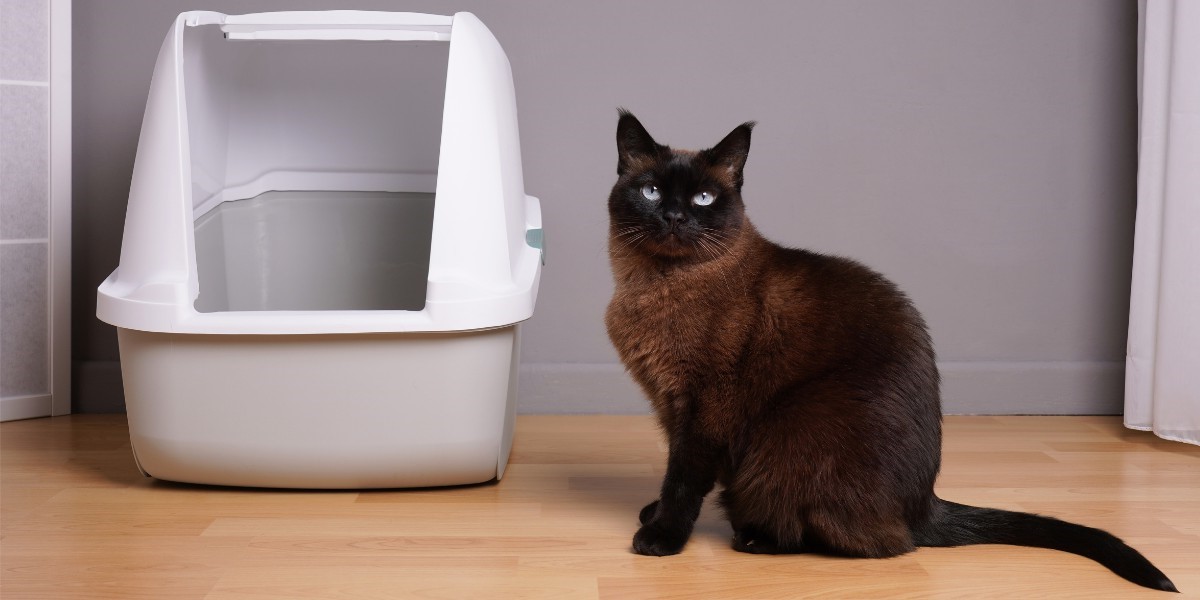
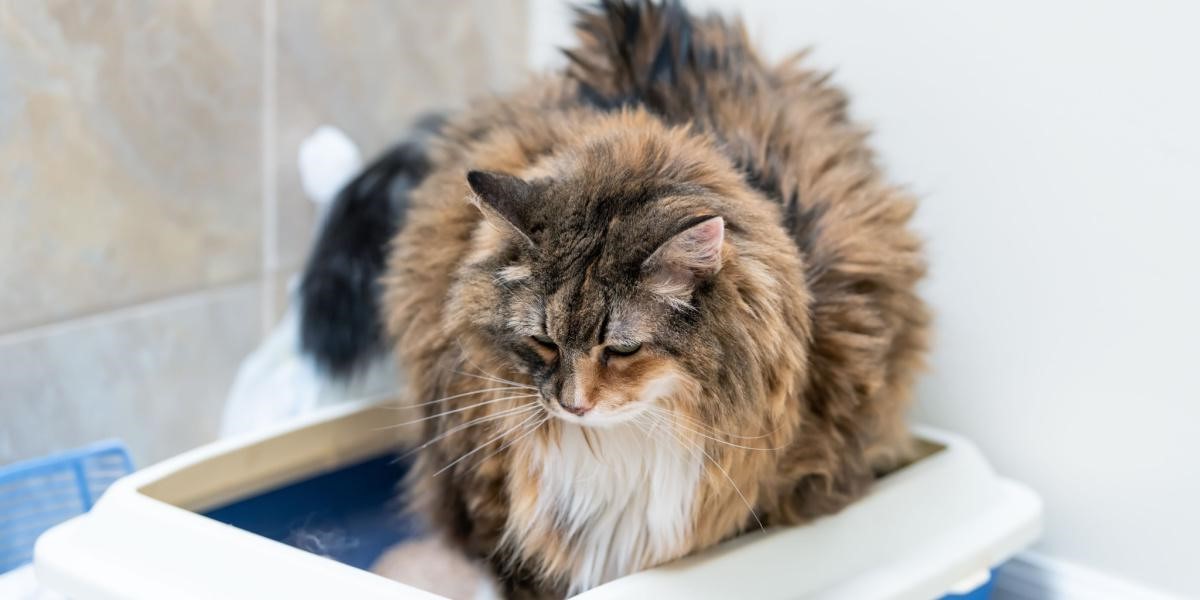
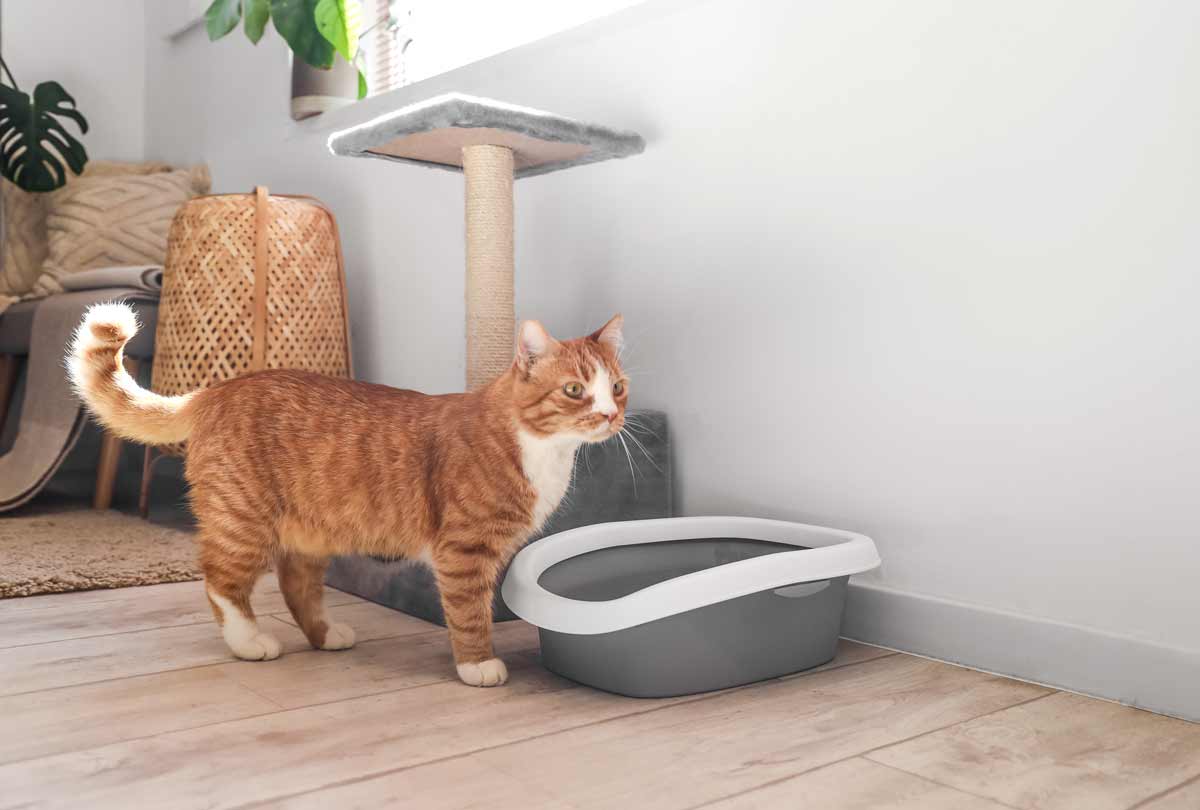
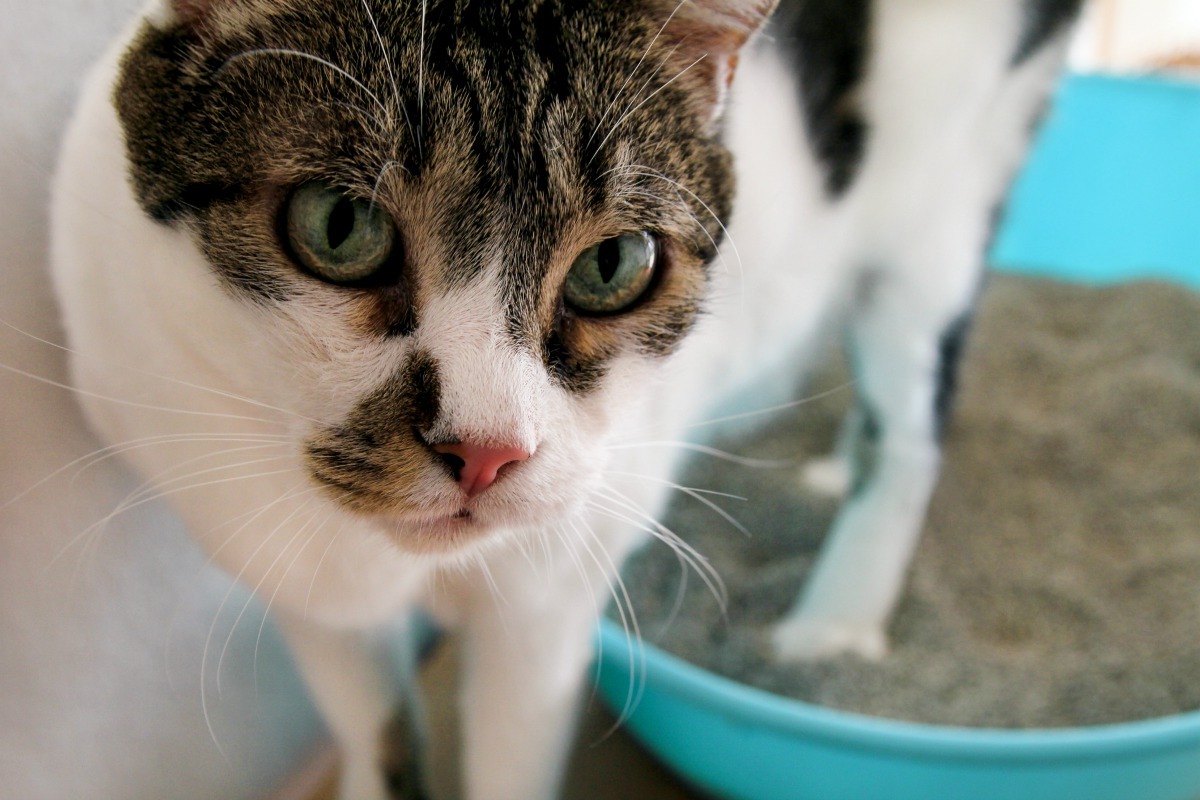
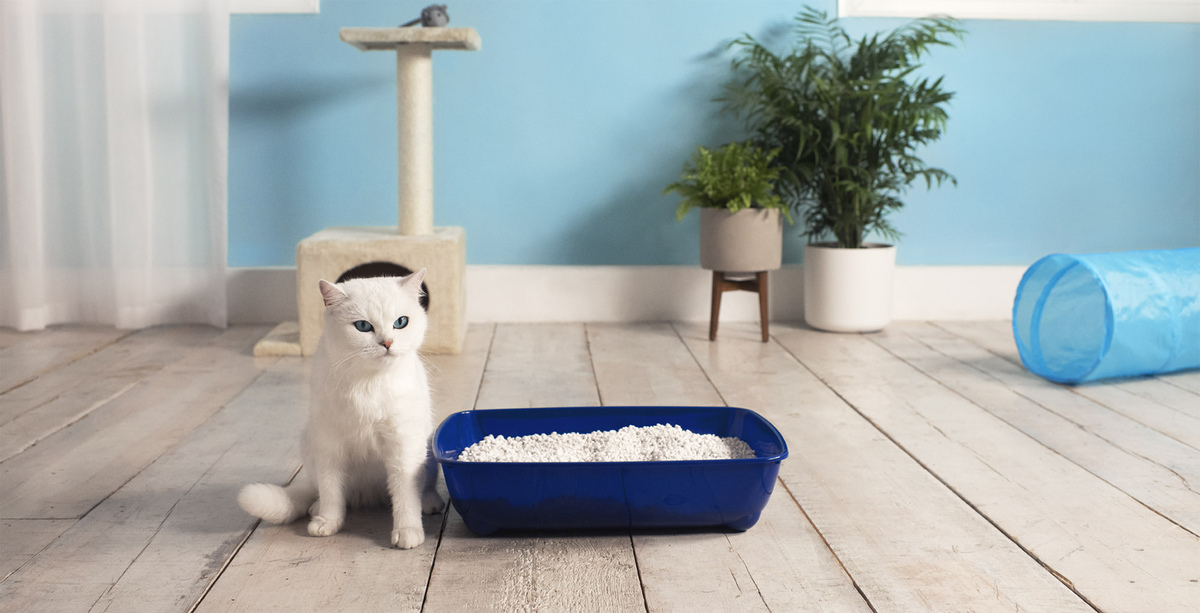
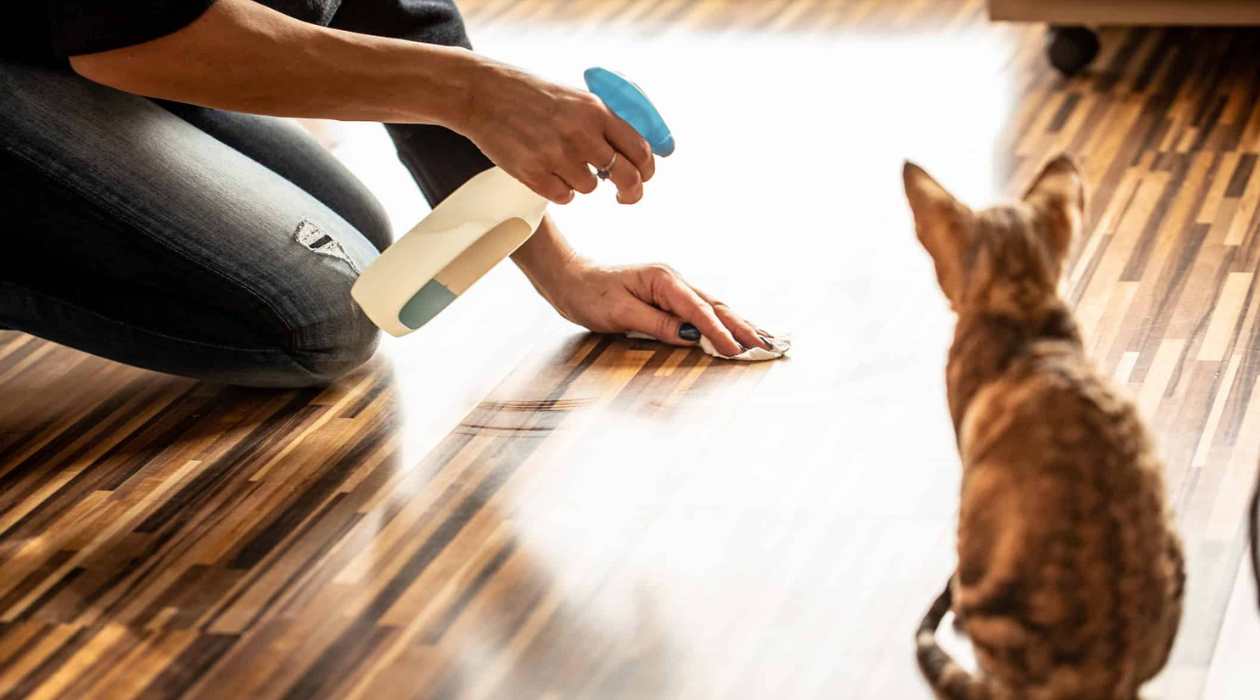
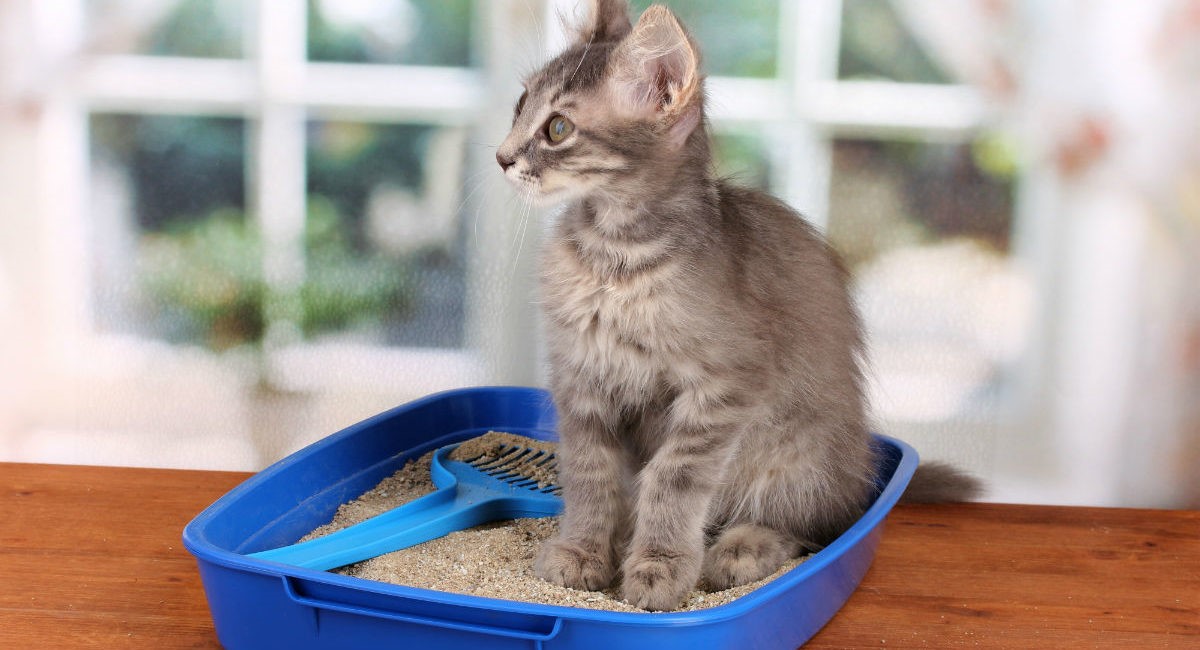
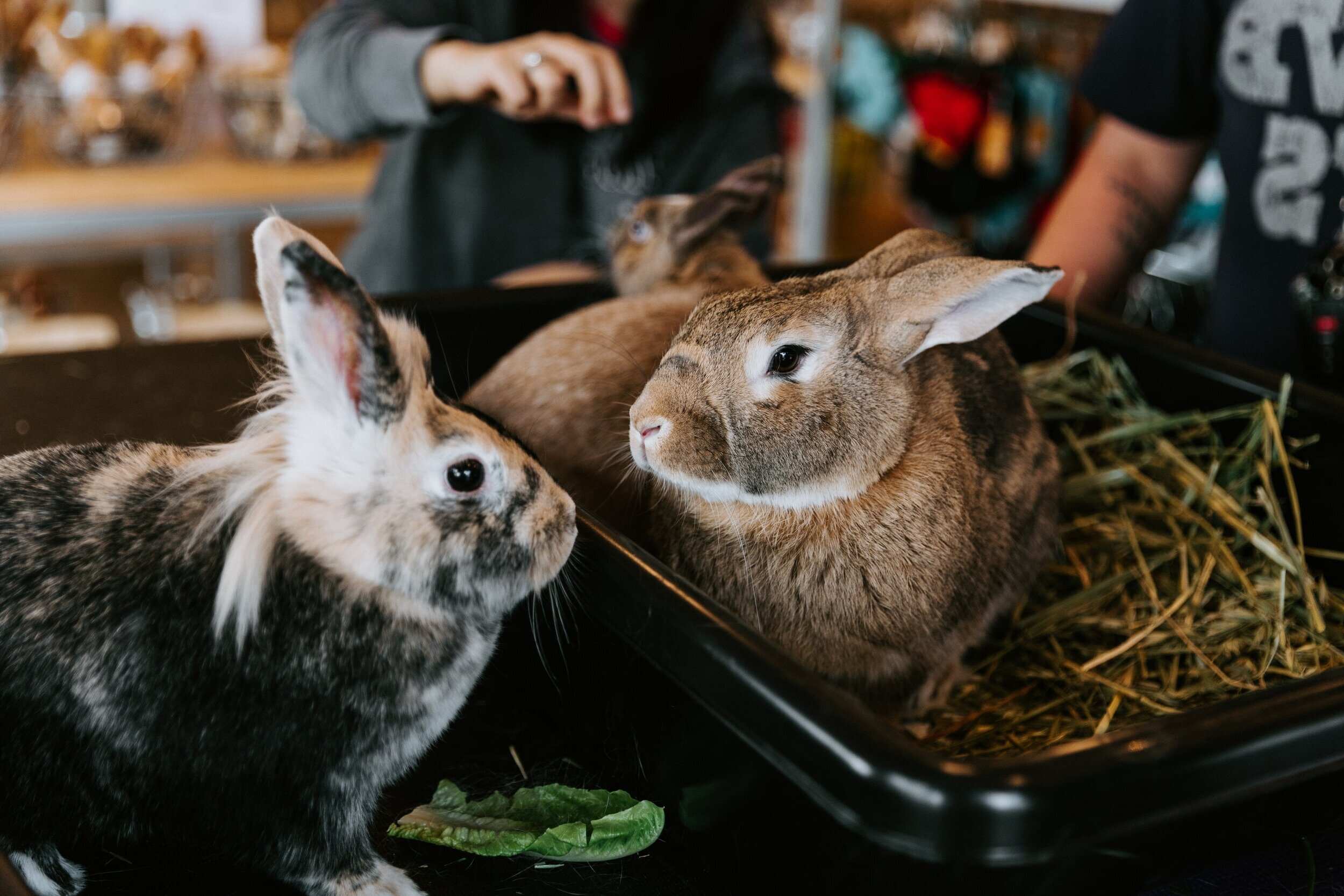
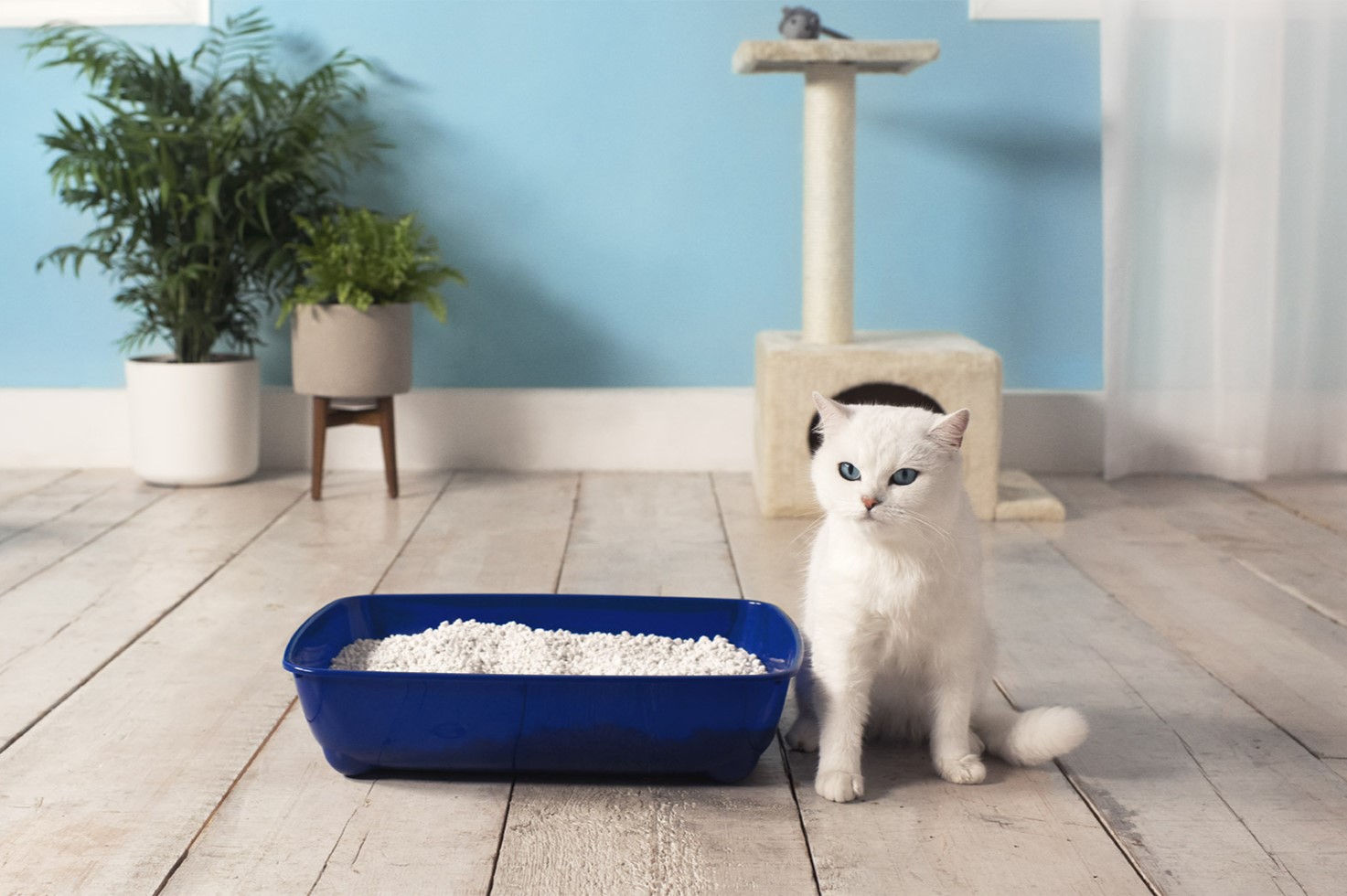
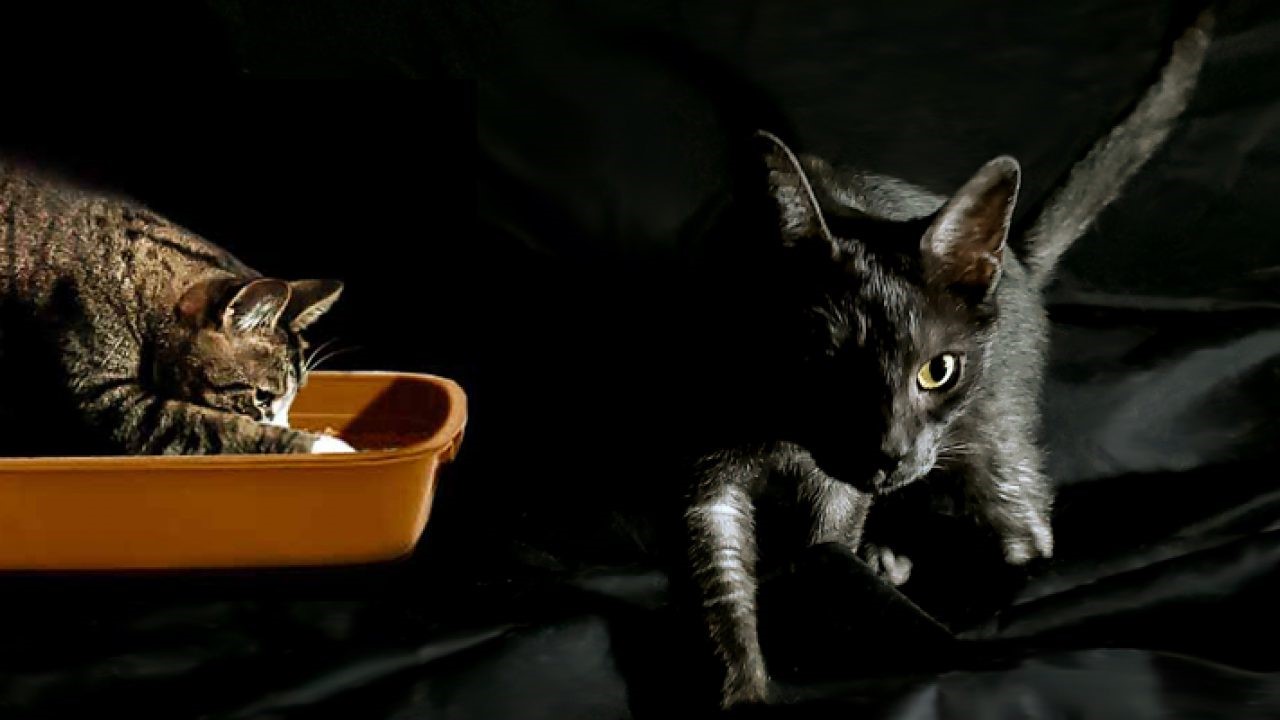
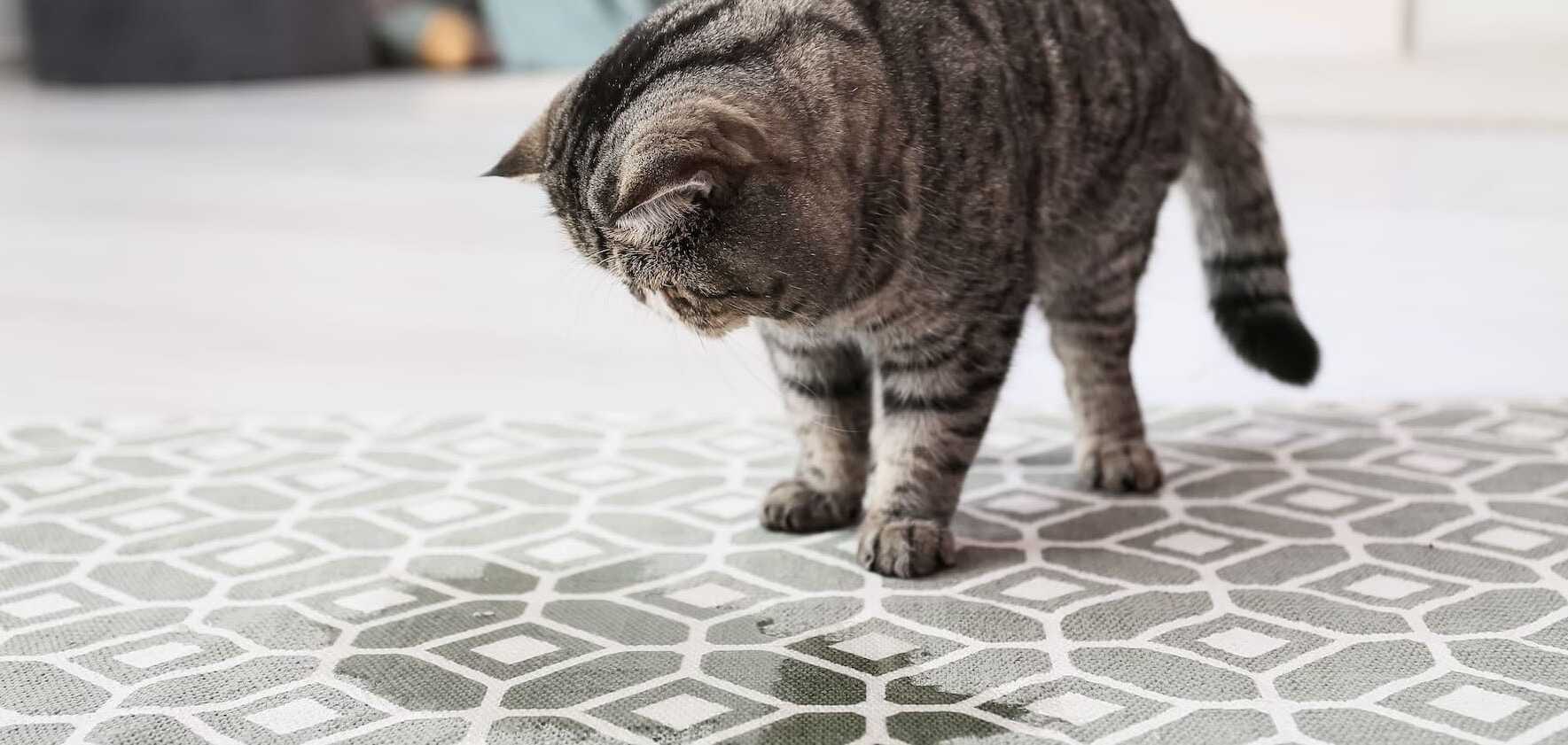
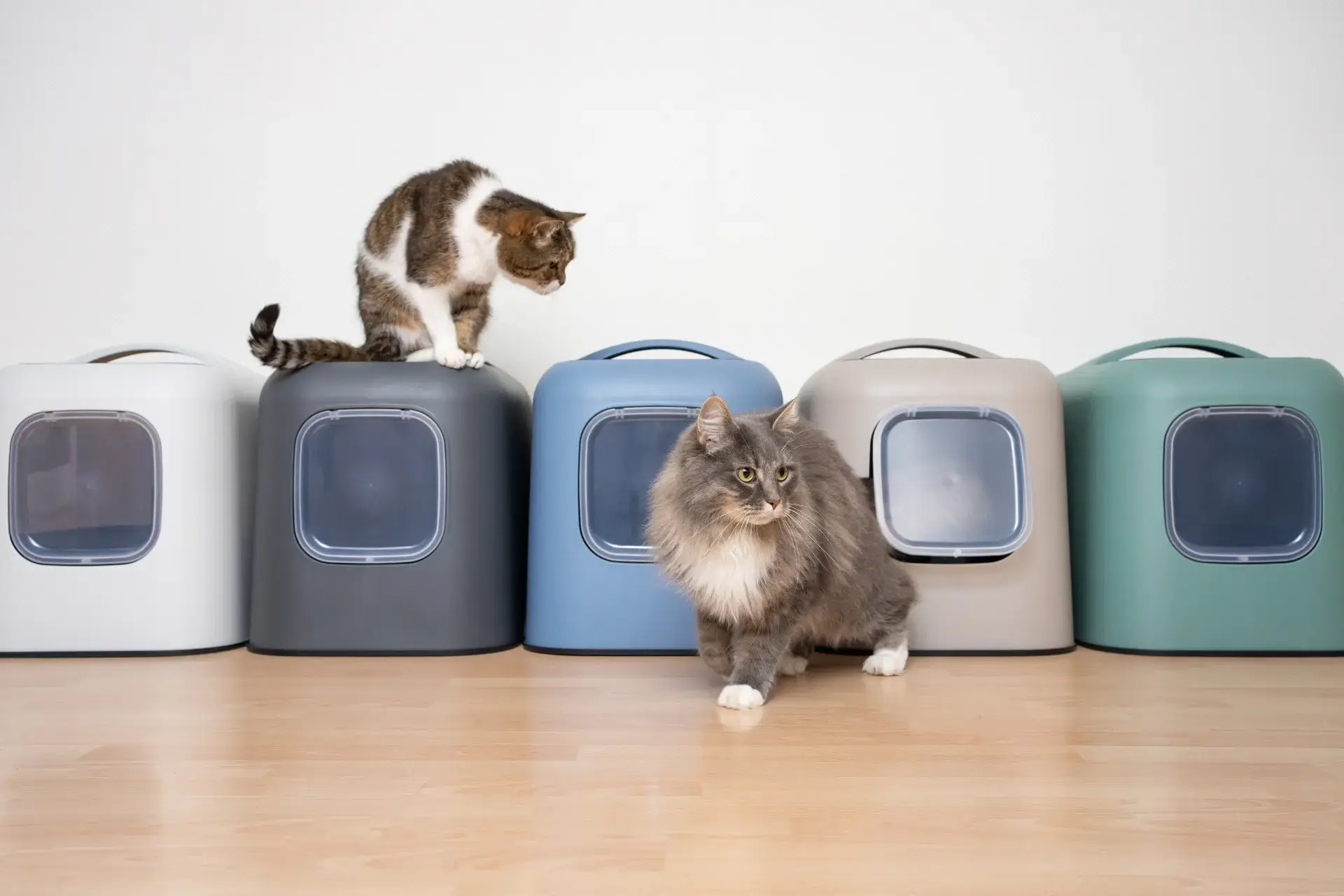
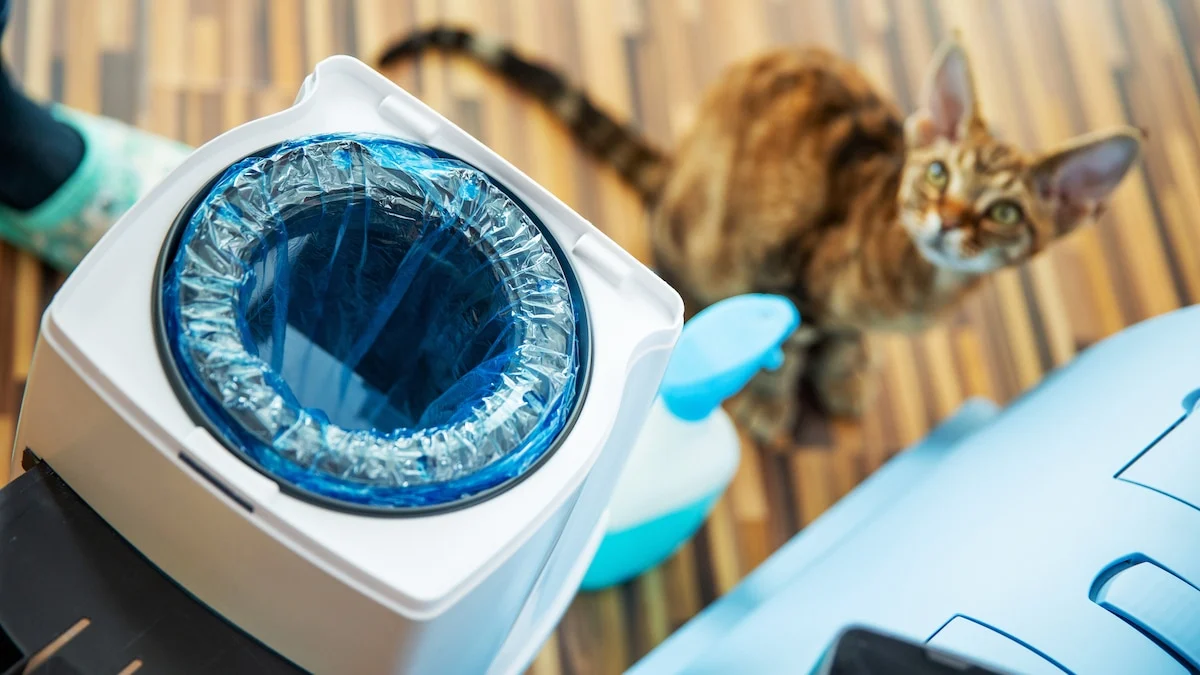
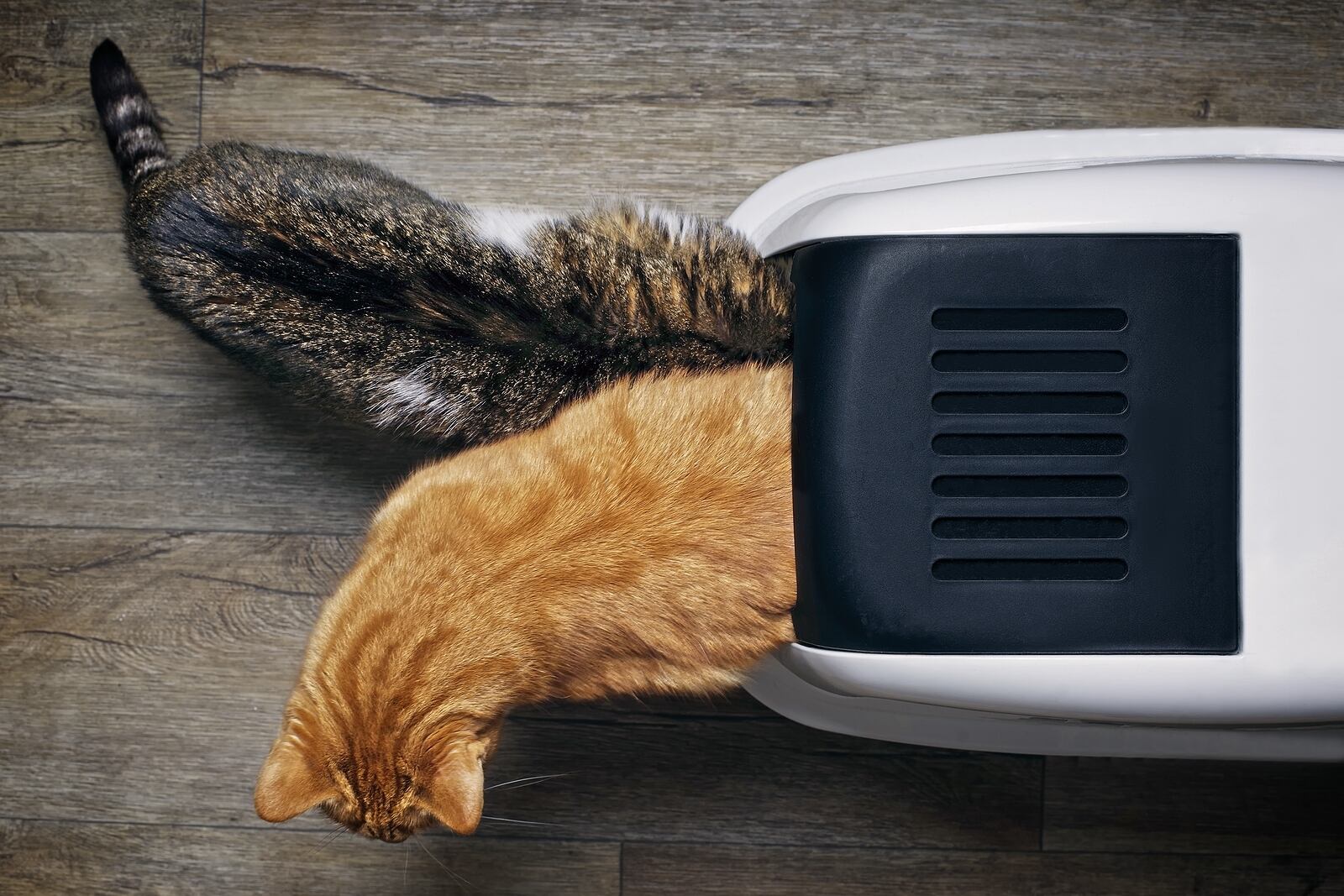
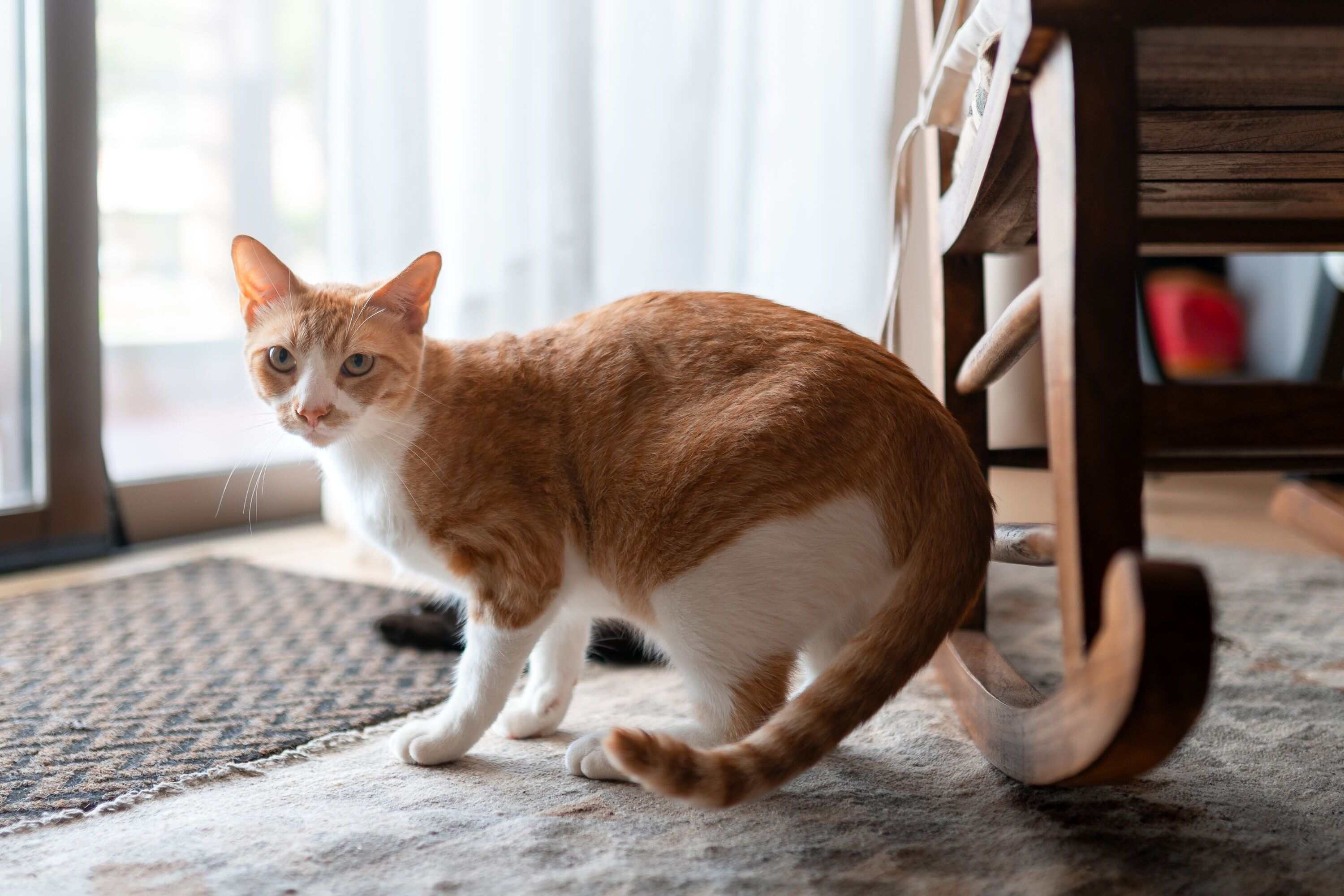

0 thoughts on “Why Do My Cats Pee Outside The Litter Box”